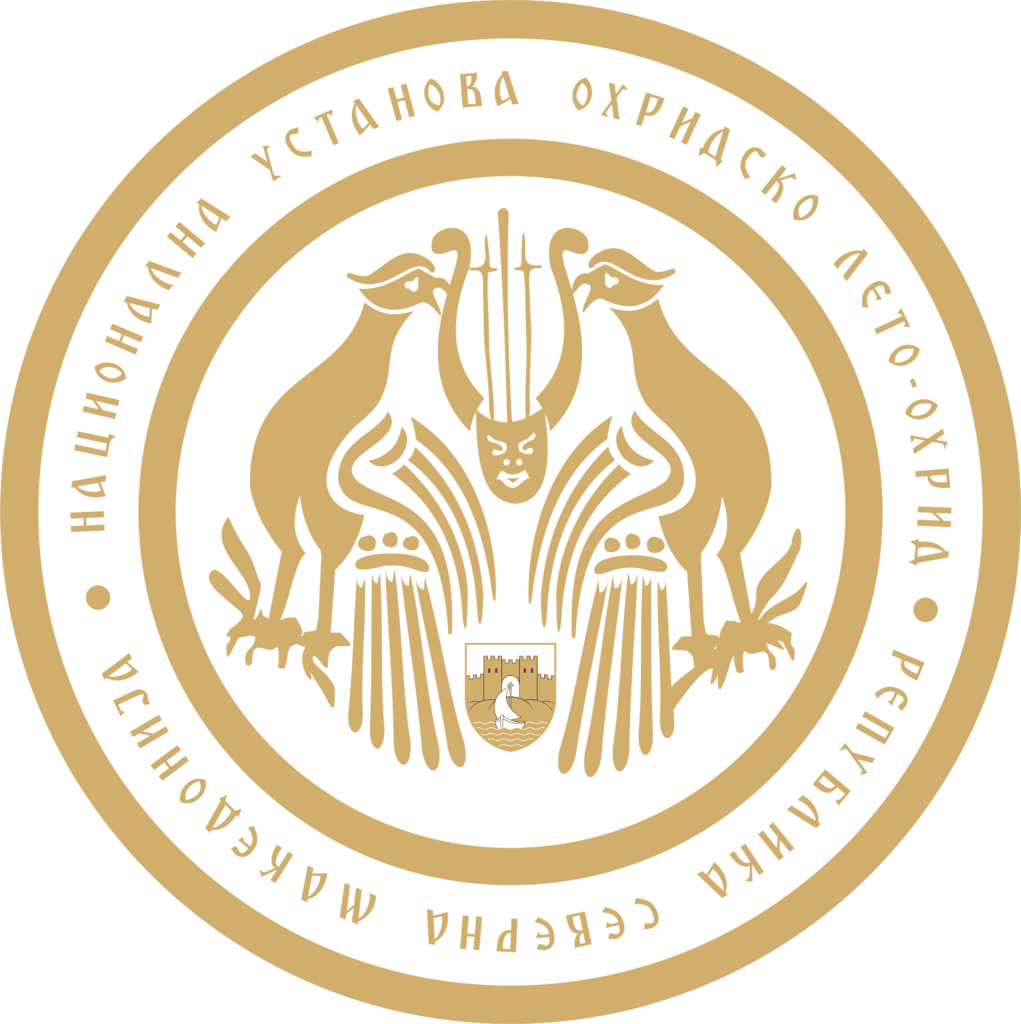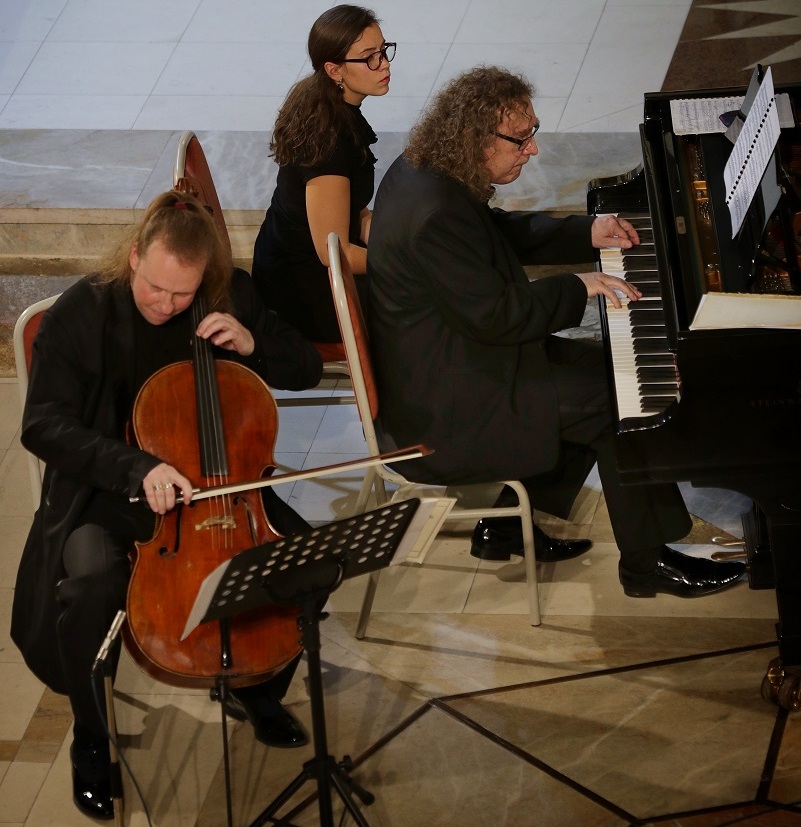After the successful start of the 59th edition of the Ohrid Summer Festival with the appearance of the world violinist Vanessa Mae, and a series of concerts of exceptionally good musicians, the festival program brought unforgettable moments to the audience tonight with a concert by the famous Russian violinist Denis Shapovalov who played together with his colleague and compatriot, pianist Alexander Vershinin.
Shapovalov on the podium in “St. Sophia” showed an incredible technique of music and exceptional expressiveness.

– I’m playing here for the first time. I used to hold concerts in the former Yugoslav republics, Croatia, Serbia, Montenegro and Slovenia, but I’m happy to be here too. Macedonia and Ohrid feel with my heart. As for my performance, I can say that we had a wonderful concert titled “The Magic Soul of the chello”. There were wonderful voices, colors, tones, works by Tchaikovsky, French music from Debussy, Italian music, and we tried to hit all the compositions, after the hit, said the cello virtuoso Denis Shapovalov.




